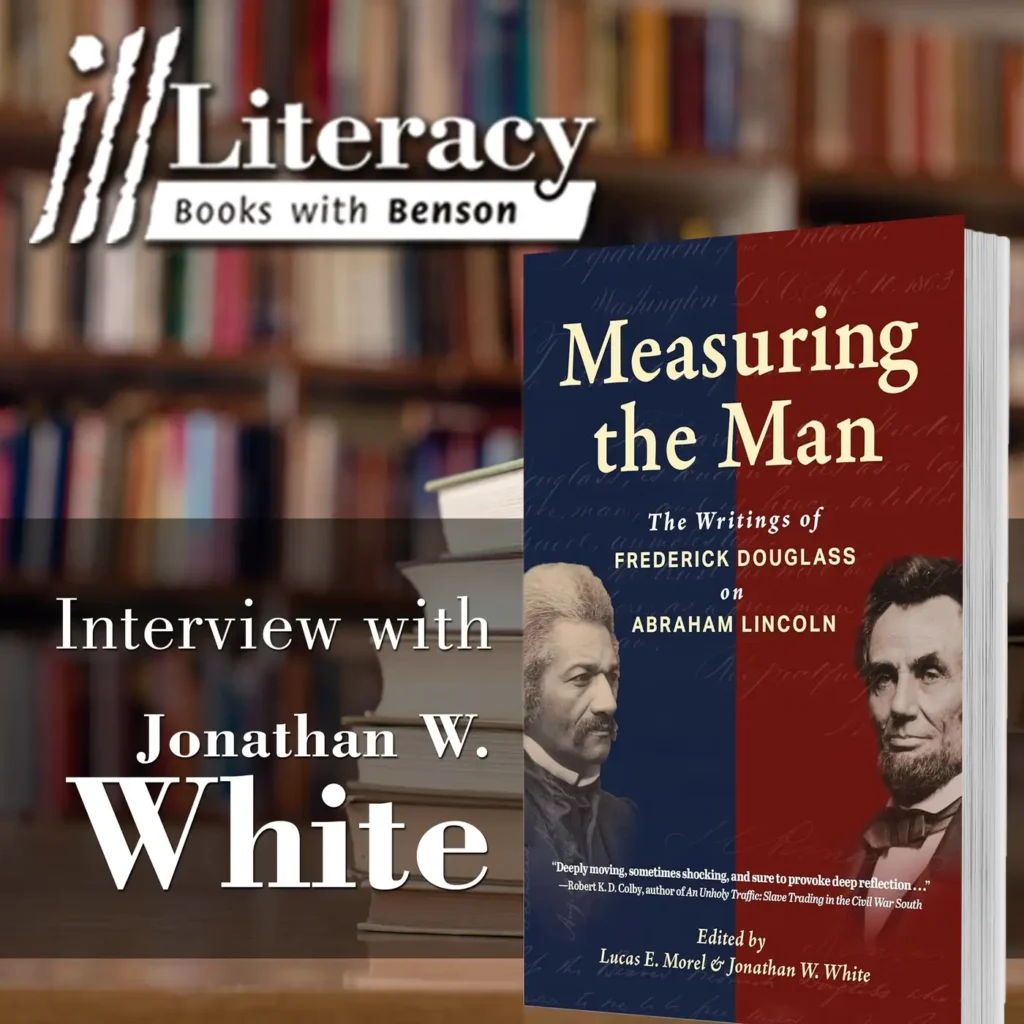Legislation in the Nebraska Legislature would combat environmental, social and governance (ESG) scoring systems and ensure state pension funds are invested solely to achieve the maximum return on investment for pensioners, rather than advancing social or political causes that may likely lead to lower returns and / or underperformance.
ESG scores are essentially a risk assessment mechanism increasingly being used by investment firms and financial institutions that forces large and small companies to focus upon politically motivated, subjective goals which often run counter to their financial interests and the interests of their customers. Companies are graded on these mandated commitments to promote, for example, climate or social justice objectives. Those that score poorly are punished by divestment and reduced access to credit and capital.
To combat this, LB743 states that a fiduciary “shall take into account only financial factors when discharging its duties with respect to investments of public funds.”
Further, the bill notes a fiduciary “may be reasonably determined to have taken an action or considered a factor with a purpose to further social, political, or ideological interests based on evidence indicating the purpose, including a fiduciary commitment to further, through portfolio company engagement, board or shareholder votes, or otherwise as a fiduciary…beyond the federal or state law requirements” in regards to “eliminating, offsetting, or disclosing greenhouse gas emissions.”
Under the bill, fiduciaries may also be determined to have taken an action adverse to their clients’ financial interests—due to ideological objectives—by “divesting from, limiting investment in, or limiting the activities or investments of a company” that, for example: does not commit to specific environmental standards or disclosures or manufactures, distributes or sells firearms.
As Heritage Action for America notes, “using asset managers that engage and vote shares based on ESG can reduce the value of pension fund assets over the long-term. For example, [the world’s largest investment firm] Blackrock has voted against directors for failing to set emissions reduction targets or for increasing exposure to fossil fuel assets such as coal. In 2020, Blackrock voted against the directors of a utility for increasing its exposure to coal related assets, even though such exposure would no doubt have been financially beneficial. Such actions prevent companies from making money during periods when being anti-ESG is profitable. Over time, this will reduce the value of pension fund assets.”
LB743 further provides that proxy voting must be directed or exercised by a representative of the fiduciary in accord with the provisions of this law. Currently, only two firms—Institutional Shareholder Services (ISS) and Glass Lewis—control 97 percent of the proxy advisory market and have stridently committed to ESG principles.
ISS and Glass Lewis are currently under scrutiny by several state attorneys general for collusion and antitrust violations.
Moreover, Cornhusker state lawmakers would be well advised to understand the impact that ESG investing has not only on its pensioners but on the very industries that are central to Nebraska’s economy. Recent reports are showing with greater clarity the effect such principles and guided investments will have on key sectors such as agriculture.
Critics of anti-ESG legislation have charged that bills such as Nebraska’s LB743 distort the free market and could possibly lower a state’s credit rating. However, the true distortion is being perpetrated by those seeking to use the financial agencies as a de facto governmental regulator. By allowing ESG to gain a foothold in Nebraska, Cornhusker State legislators would be perpetuating this distorted marketplace, and nothing in the bill forces Nebraska fiduciaries to use uneconomical investment options.
By clarifying the fiduciary duties of Nebraska’s pension fund managers, and by insisting that maximizing the return on investment for clients be their only guiding principle, Nebraska legislators can help ensure the long-term fiscal health of the state’s pension systems and make sure that promises proffered to state pensioners will be kept.
The following documents provide more information about ESG.
Environmental, Social, and Governance (ESG) Metrics: A Basic Primer
This Heartland Institute Policy Brief provides a high-level overview of ESG metrics and their associated negative impacts upon society.
Environmental, Social, and Governance (ESG) Scores: A Basic Primer
This Heartland Institute PowerPoint presentation explains precisely what ESG is, how it affects society, its impact upon and relationship to certain industries, and what can be done to stop it.
ESG: A Simple Breakdown of its Components
This Heartland Institute Policy Tip Sheet provides a brief description of each of the three categories comprising a company’s risk assessment based upon ESG metrics, using one of the most commonly used ESG frameworks developed by the International Business Council.
ESG: The Role of the U.S. Securities and Exchange Commission
This Heartland Institute Policy Tip Sheet offers a brief description of the role of the U.S. Securities and Exchange Commission in coercing companies into ESG compliance.
ESG: The Effects Upon Free Markets
This Heartland Institute Policy Tip Sheet offers a brief description of how ESG systems fundamentally alter free markets and the natural equilibrium of supply and demand.
ESG: Primary Architects and Implementers
This Heartland Institute Policy Tip Sheet discusses the actors behind ESG, and how they work hand in glove to coerce ESG compliance.
ESG: Negative Effects on Food Supply and Agriculture
This Heartland Institute Policy Tip Sheet provides a brief summary of how ESG is being weaponized against farmers, food production, and the agricultural industry as a whole.
ESG: Central Bank Digital Currencies
This Heartland Institute Policy Tip Sheet provides a brief summary of central bank digital currencies and how they can be wielded against society to enforce ESG compliance.
ESG: The Banking Industry
This Heartland Institute Policy Tip Sheet briefly summarizes how the banking industry has used its coercive market power to weaponize ESG compliance.
ESG: Financial Discrimination
This Heartland Institute Policy Tip Sheet discusses financial institutions’ discriminatory practices against consumers, and explains proposed solutions to the problem.
Nothing in this Research & Commentary is intended to influence the passage of legislation, and it does not necessarily represent the views of The Heartland Institute. For further information on this subject, visit The Heartland Institute’s main website, Heartland’s webpage devoted to ESG, and Heartland’s Stopping Socialism website.
The Heartland Institute can send an expert to your state to testify or brief your caucus; host an event in your state; or send you further information on a topic. Please don’t hesitate to contact us if we can be of assistance! If you have any questions or comments, contact Heartland’s Government Relations department, at [email protected] or 312/377-4000.





